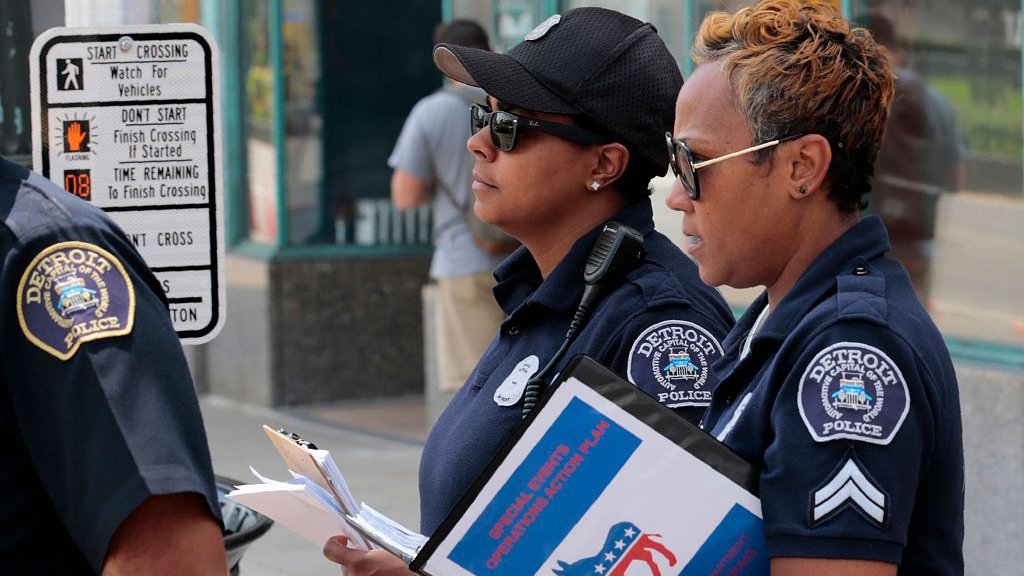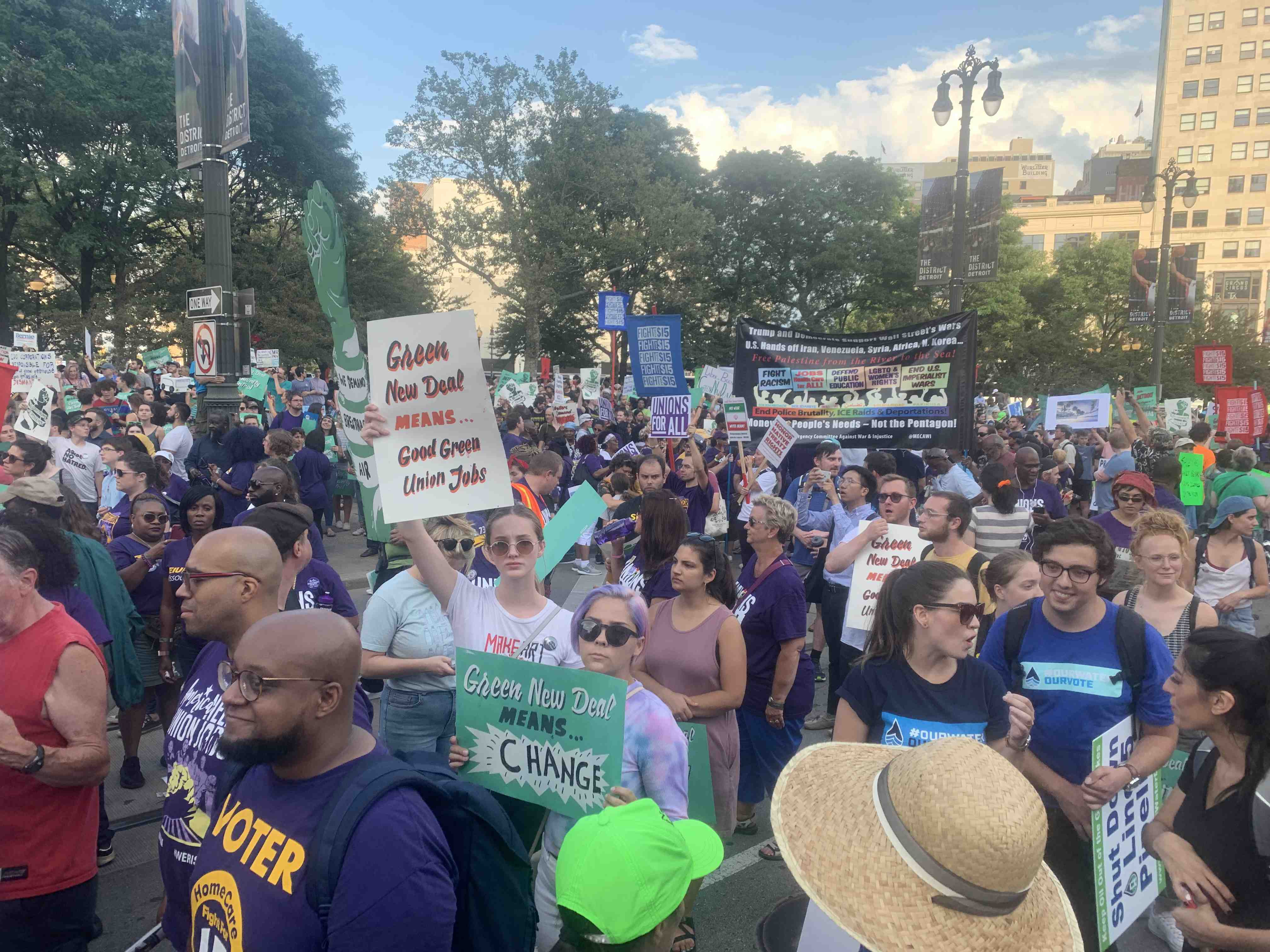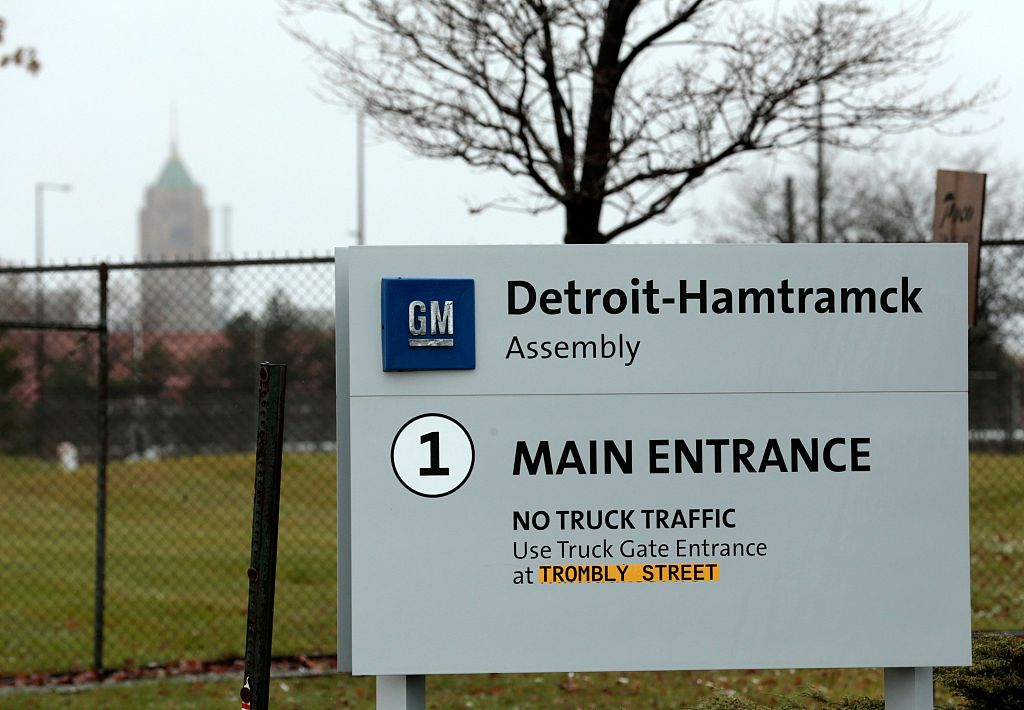

Just outside of Detroit is the city of Warren, an area dominated by huge factories. The top employer in town is General Motors. But GM's footprint in the region is about to get a little bit smaller.
The 2.7 million square feet General Motors Warren Transmission plant, which opened in 1941, is set to close its doors Friday.
The news is a devastating blow to the city.
Some workers have been moved to other plants. Others have been less fortunate. Ghana Goodwin-Dye has been employed at the plant since the 1980s.
"Friday is the last day we’ll be walking through those doors across the street. Some of my membership their last day was last Friday," said Goodwin-Dye. "It was very sobering and heartbreaking. People who I have worked with for over 30 years."
The auto industry remains key for Michigan. It continues to produce more cars and trucks than any other U.S. state. But the industry as a whole faces significant challenges.
Auto manufacturers are preparing for a shift towards electrified and autonomous vehicles, and the emergence of new competitors.

Workers at the plant face open up about the plant's closure./CGTN Photo
But the industry also faces other pressures, not least the tariffs that have been imposed during the trade dispute between the United States and China.
"The auto industry is reeling honestly from tariffs and the uncertainty around trade," said Michael Martinez of Automotive News. "There's certainly a possibility that jobs could be affected as the automakers will have to adjust somehow."

General Motors Warren Transmission plant, which opened in 1941, closes on Friday. /VCG Photo
The issue of tariffs appears to be a key concern for Michigan voters.
That point was underlined by a recent poll carried out by the Detroit Regional Chamber.
"There was a plurality of Michiganders who said that tariffs were hurting the automotive industry, that were hurting the agriculture industry, which is also vitally important in this state but even more importantly there was a plurality of Michiganders who said that tariffs are hurting them," said Government Relations Vice President Brad Williams.

VCG photo
The second Democratic debate took place in Detroit this week. The various candidates would not need to travel far to find out how Michigan voters are feeling.

Copyright © 2018 CGTN. Beijing ICP prepared NO.16065310-3
Copyright © 2018 CGTN. Beijing ICP prepared NO.16065310-3